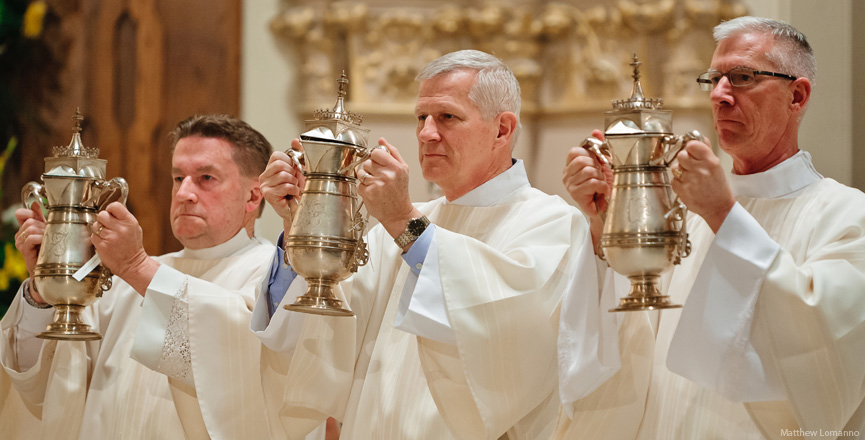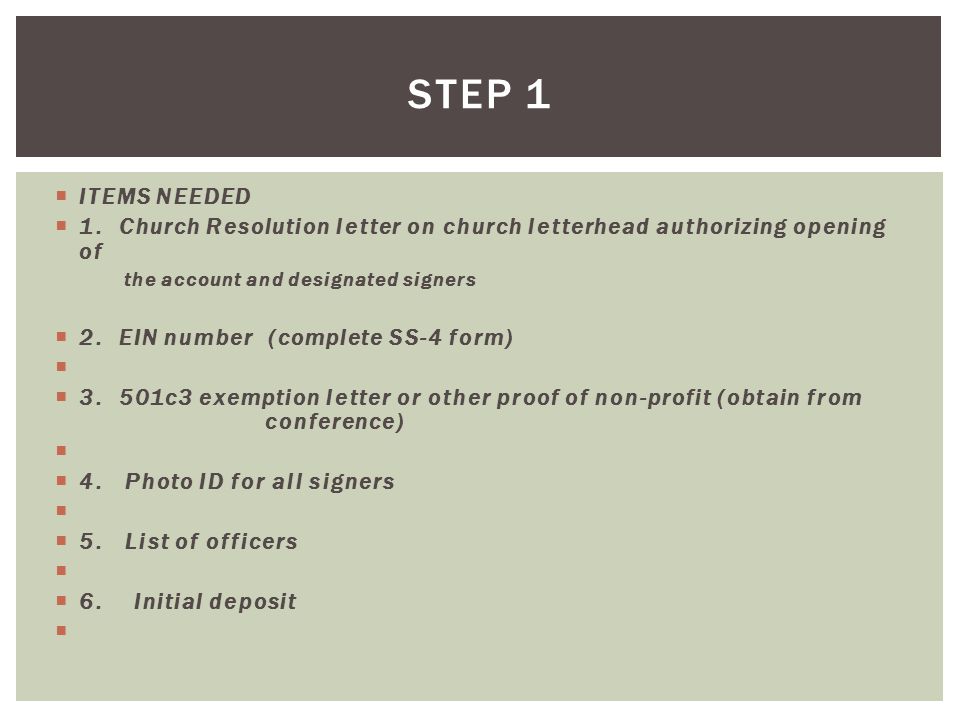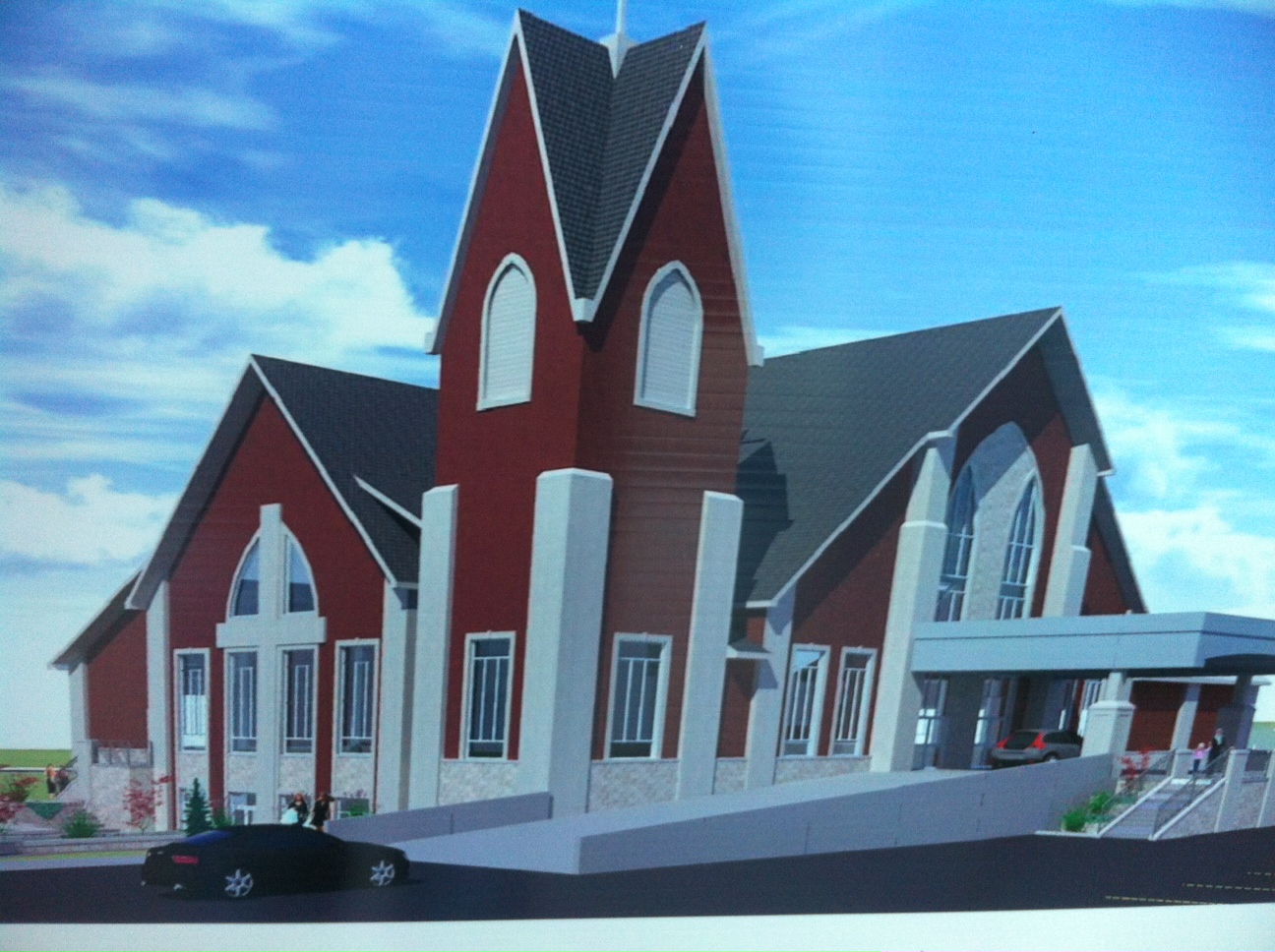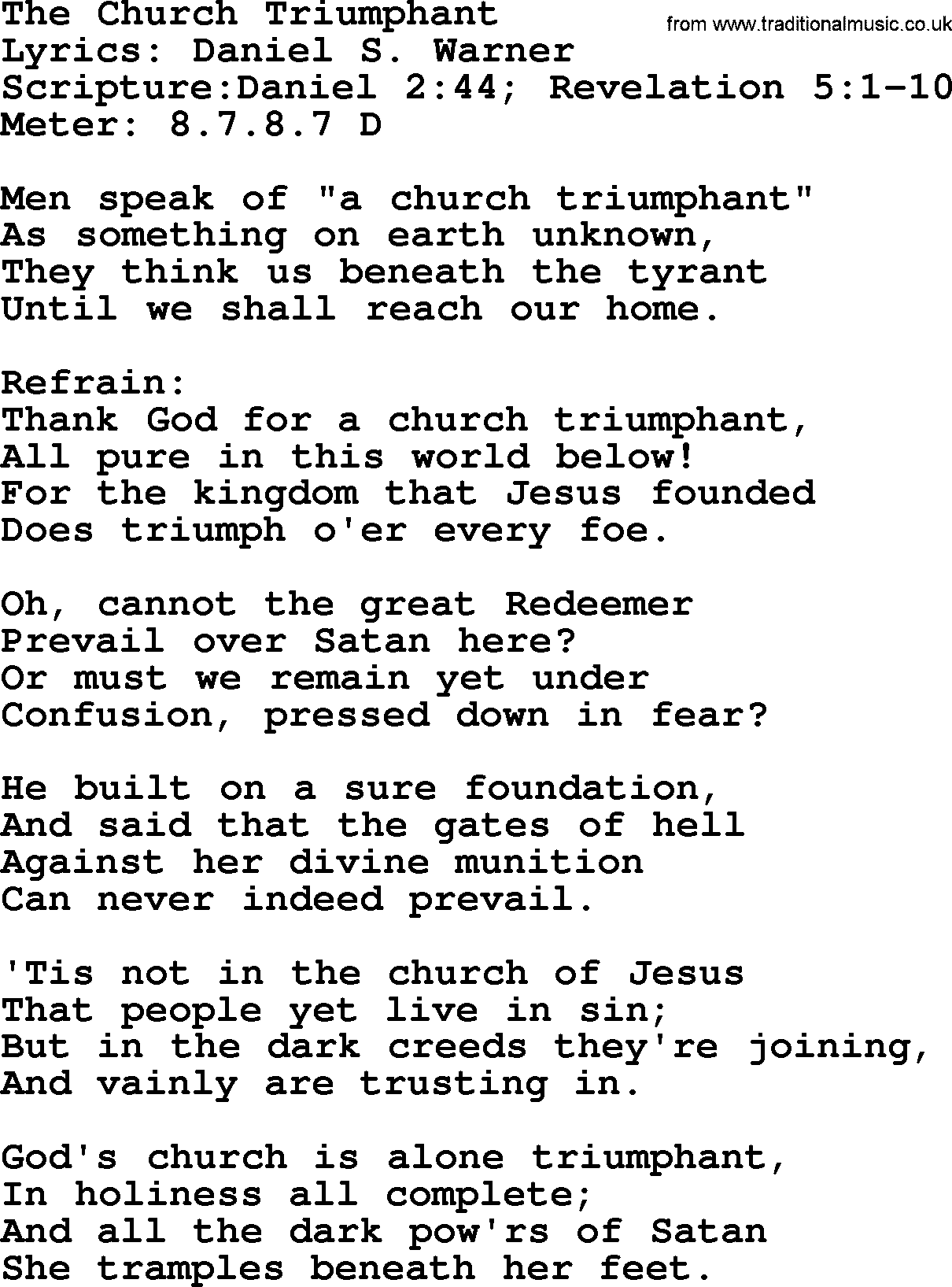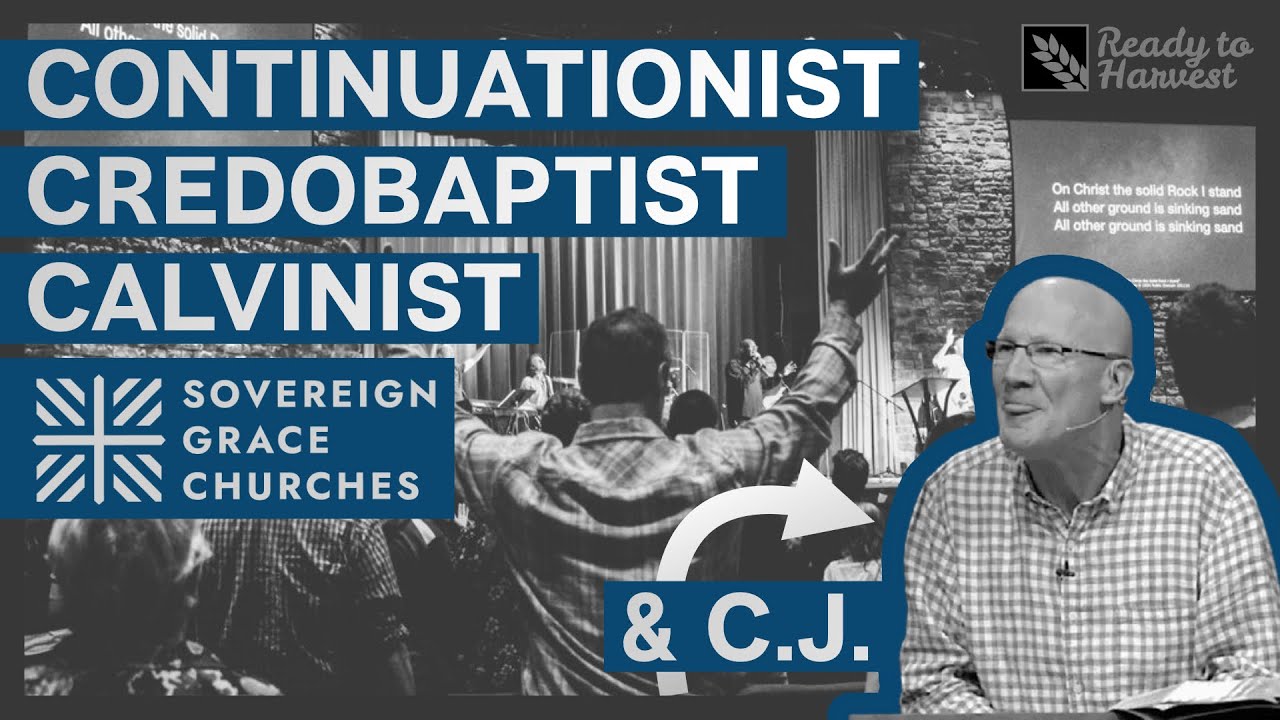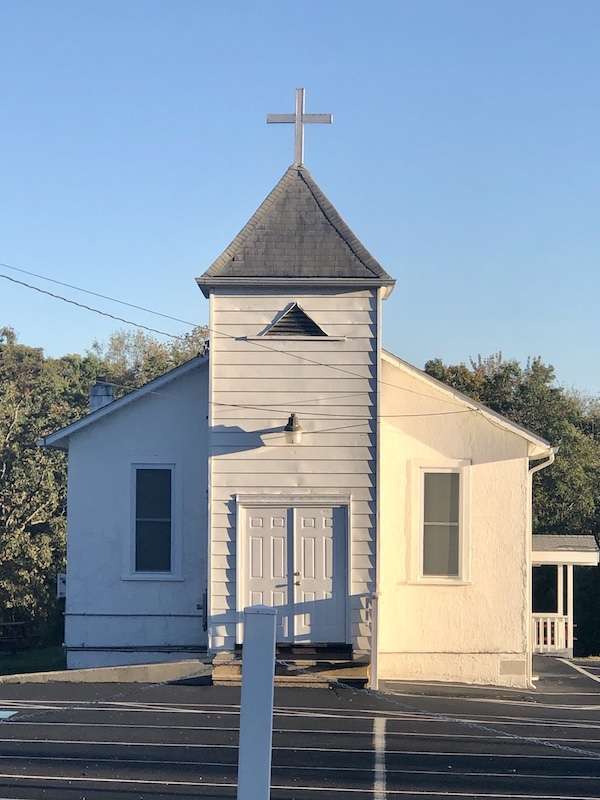Do you want to become a deacon in the Roman Church? Here is a guideline on how to become a Deacon in the Catholic Church. The role of a deacon in the Catholic Church is a vital one. Deacons are ordained ministers who assist the bishop and priests in their pastoral duties, including preaching, baptizing, and celebrating weddings and funerals. Becoming a deacon in the Catholic Church requires preparation, dedication, and discernment. In this article, we will explore the steps necessary to become a deacon in the Catholic Church, along with frequently asked questions about the process.
SEE ALSO:
- How To Become A Deacon In A Baptist Church
- How Many Deacons Should A Church Have
- Prayer For Ordination Of A Deacon
Requirements To Become A Deacon In The Catholic Church
To become a deacon in the Catholic Church, there are several requirements that must be met:
- Be a baptized Catholic male, at least 35 years of age.
- Have a strong faith and a desire to serve the Church.
- Have a stable family life and be married for at least five years (if married).
- Have completed a minimum of two years of college education or its equivalent.
- Be in good physical and mental health.
- Be recommended by their parish priest and be approved by their bishop.
The Application Process To Become A Deacon In The Catholic Church
The application process to become a deacon in the Catholic Church typically takes several years and includes the following steps:
- Discernment: This is a period of prayer and reflection to determine if becoming a deacon is the right path for you.
- Inquiry: This is a time to gather information and speak with other deacons and priests to learn more about the role and responsibilities of a deacon.
- Aspirancy: This is a formal application process in which the candidate submits their application to their bishop and undergoes a thorough background check and psychological evaluation.
- Formation: If accepted into the program, the candidate will undergo a period of formation that typically lasts four years. During this time, the candidate will receive theological and pastoral training, as well as participate in spiritual retreats and pastoral assignments.
- Ordination: After completing the formation program, the candidate will be ordained as a deacon in a special Mass celebrated by the bishop.
The Role Of A Deacon In The Catholic Church
The role of a deacon in the Catholic Church is multifaceted. While they do not have the same sacramental authority as priests, deacons are still vital members of the Church community. Some of the responsibilities of a deacon include:
- Proclaiming the Gospel and preaching at Mass.
- Assisting at Mass, including distributing Holy Communion and proclaiming the Prayers of the Faithful.
- Administering the sacrament of Baptism and witnessing marriages.
- Conducting funerals and presiding at wakes and graveside services.
- Visiting the sick and homebound, and bringing them Holy Communion.
- Engaging in social justice work and advocating for the marginalized and disadvantaged.
The Benefits Of Becoming A Deacon In The Catholic Church
Becoming a deacon in the Catholic Church is a significant commitment, but it can also be a deeply rewarding experience. Some of the benefits of becoming a deacon include:
- The opportunity to serve the Church and make a positive impact on the community.
- A deeper understanding of the Catholic faith and theology through the formation process.
- Increased spiritual growth and personal fulfillment.
- The chance to work alongside other dedicated members of the Church community, including priests, religious, and laypeople.
- The ability to build relationships and connect with people from all walks of life.
Challenges Of Becoming A Deacon In The Catholic Church
While becoming a deacon can be a fulfilling experience, it is not without its challenges. Some of the challenges of becoming a deacon include:
- Balancing the demands of formation and ministry with family and work responsibilities.
- Navigating the complexities of Church bureaucracy and hierarchy.
- Responding to the needs of a diverse and changing Church community.
- Dealing with the emotional toll of ministering to people in times of crisis and grief.
- Maintaining a strong commitment to prayer and personal spiritual growth.
How To Become A Deacon In The Catholic Church
- Prayer and discernment: The first step in becoming a deacon is to discern whether you feel called to this ministry through prayer and reflection.
- Contact your local diocese: Once you feel called to become a deacon, contact your local diocese to learn more about their formation program.
- Meet with a spiritual director: A spiritual director can help guide you through the discernment process and provide ongoing support throughout your formation.
- Apply for the formation program: The application process typically includes an interview and a review of your educational and professional background.
- Complete the formation program: The formation program includes courses in theology, pastoral ministry, and spiritual development, as well as a period of supervised ministry.
- Receive ordination: After completing the formation program, candidates for the diaconate receive ordination from their local bishop during a Mass.
- Ongoing education and ministry: Deacons are expected to continue their education and engage in ongoing ministry throughout their lifetime.
Conclusion: How To Become A Deacon In The Catholic Church
Becoming a deacon in the Catholic Church is a significant commitment, but it can be a deeply rewarding experience. By serving the Church community and spreading the message of God’s love, deacons play a vital role in building a more just and compassionate world. If you feel called to this ministry, prayerfully discern your vocation and contact your local diocese to learn more about their formation program.
